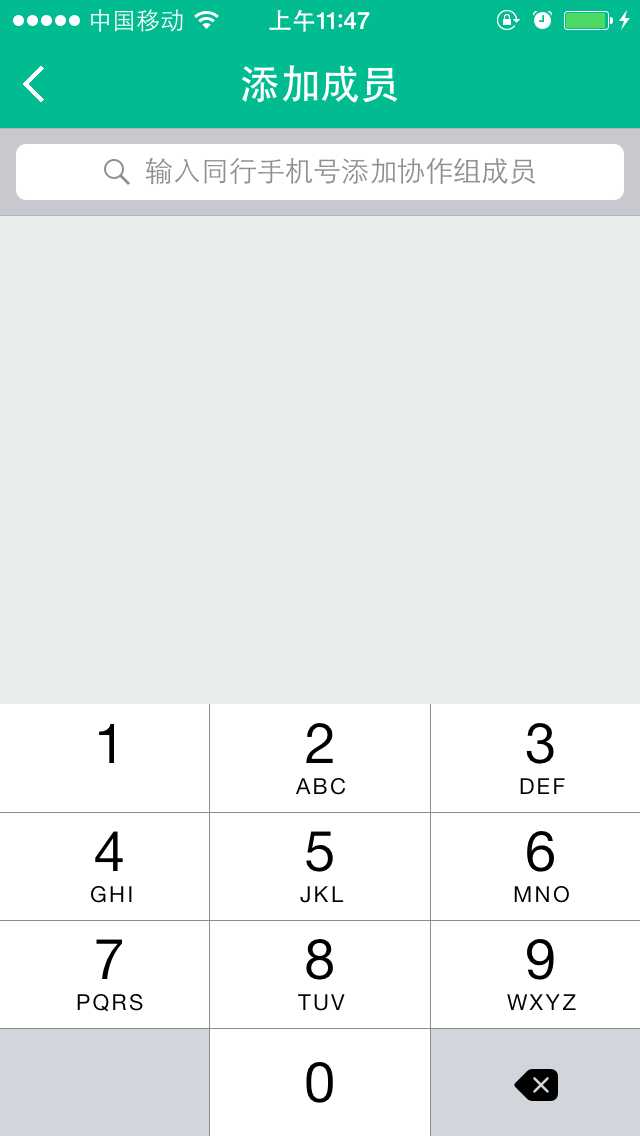IOS_OC_基礎語法
編輯:IOS開發綜合
1.YES與NO
Object-c 提供了 BOOL 類型, 但這個BOOL 類型和 C++裡的並不一樣: 在C++裡一切非 0 值的東西都 為 true,而為 0 值的為 false。但是 Object-c 裡 1 為 true 並被宏定義為 YES=1,0 為 false 並被宏定義為 NO=0。
+ (BOOL)isEquals:(int)x with:(int)y { return x - y; } if ([Provider isEquals:10 with:1021]) {// == YES //error NSLog(@" !!!!!!"); } else { NSLog(@" ===== "); }
2.類CLass
在OC的一個類中,不允許重復定義一個函數,區分函數是否重復根據方法名,與接收參數無關。與java不同
pubic void getInfo(Animal a); public void getInfo(Person p);
//同一個方法getInfo: - (void)getInfo:(Animal)a; - (void)getInfo:(Person)p;
3.常見的集合
void arrayTest() { NSArray *array = [NSArray arrayWithObjects:@"one", @"two", @"three", nil]; NSLog(@"len = %lu", [array count]); for (NSObject *obj in array) { NSLog(@"== %@", obj); } for (int i=0; i<[array count]; i++) { NSLog(@"%@", [array objectAtIndex:i]); } //寫進文件,atomically是否先將文件保存至臨時文件中,待保存成功之後,再與原始文件替換,是一種安全機制。 [array writeToFile:@"/Users/zf/Desktop/1.txt" atomically:YES]; //讀取文件 NSArray *arr = [NSArray arrayWithContentsOfFile:@"/Users/zf/Desktop/1.txt"]; NSLog(@"len3 = %lu", [arr count]); }void mutableArrayTest() { NSMutableArray *array = [NSMutableArray arrayWithCapacity:3]; [array addObject:@"one"]; [array addObject:@"two"]; [array addObject:@"three"]; [array addObject:@"two1"]; NSLog(@"len = %lu", [array count]); [array removeObjectAtIndex:3]; NSLog(@"len = %lu", [array count]); NSEnumerator *e = [array objectEnumerator]; NSString *x; while (x = [e nextObject]) { NSLog(@"x == %@", x); } NSEnumerator *e1 = [array reverseObjectEnumerator]; }void dictTest() { NSDictionary *dict = [NSDictionary dictionaryWithObjectsAndKeys:@"value1", @"key1", @"value2", @"key2", nil]; NSLog(@"%@", [dict objectForKey:@"key2"]); NSMutableDictionary *d = [NSMutableDictionary dictionaryWithCapacity:3]; [d setObject:@"wwwwww" forKey:@"key1"]; [d removeObjectForKey:@"key1"]; NSLog(@"%lu, key1=%@", [d count], [d objectForKey:@"key1"]); }
NSArray:有序集合,元素在一個整塊的內存中並按序排列;
NSSet:無序集合,散列存儲。
讀developer.apple關於NSSet的解釋:You can use sets as an alternative to arrays when the order of elements isn’t important and performance in testing whether an object is contained in the set is a consideration—while arrays are ordered, testing for membership is slower than with sets.
搜索一個元素,NSSet的效率會比NSArray高。為什麼呢?原理比較簡單:NSSet中元素的存儲和訪問都是一個hash的過程。比如你要存儲元素A,一個hash算法直接就能直接找到A應該存儲的位置;同樣,當你要訪問A時,一個hash過程就能找到A存儲的位置。而對於NSArray,若想知道A到底在不在數組中,則需要一個一個元素比較,顯然效率不高。
4.NSString
void stringTest()
{
NSString *str = [NSString stringWithFormat:@"aa,bb,cc,"];
NSArray *array = [str componentsSeparatedByString:@","];
NSLog(@"len = %lu", [array count]);
NSLog(@"%@", [array componentsJoinedByString:@"-"]);
}- 上一頁:iOS開發- 隱藏鍵盤總結
- 下一頁:iOS開發- 生成/解析.vcf文件
相關文章
+- 詳解iOS多線程GCD的應用
- IOS開發(31)之關於self.用法的一些總結(轉載)
- cmake ios終端下執行提示錯誤 iOS version not found, tested: [5.0;5.1;6.0;6.1;7.0;8.3]的解決方案
- iOS App開辟中應用設計形式中的單例形式的實例解析
- IOS開發語言Swift入門連載---初見
- iOS開發系列之常用自定義控件開發集—自定義下拉列表按鈕控件開發
- IOS開發筆記UIView使用animateWithDuration控制頁面效果
- ios開發:Xcode8制作framework及使用
- iOS從零開端學習直播之3.美顏
- iOS中獲取系統相冊中的圖片實例




